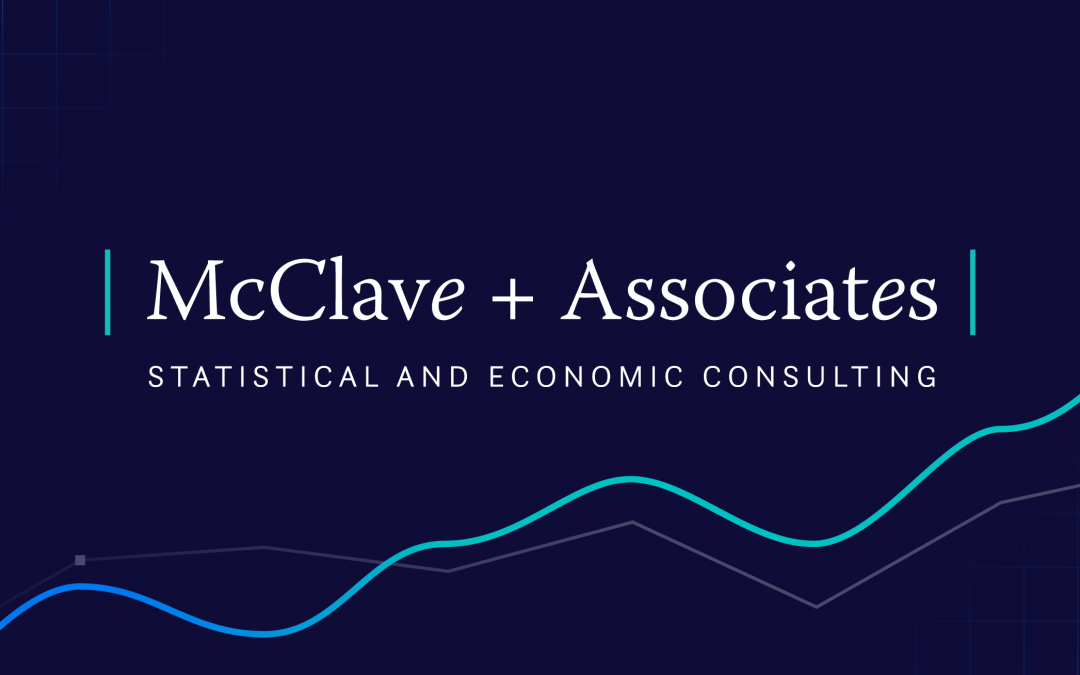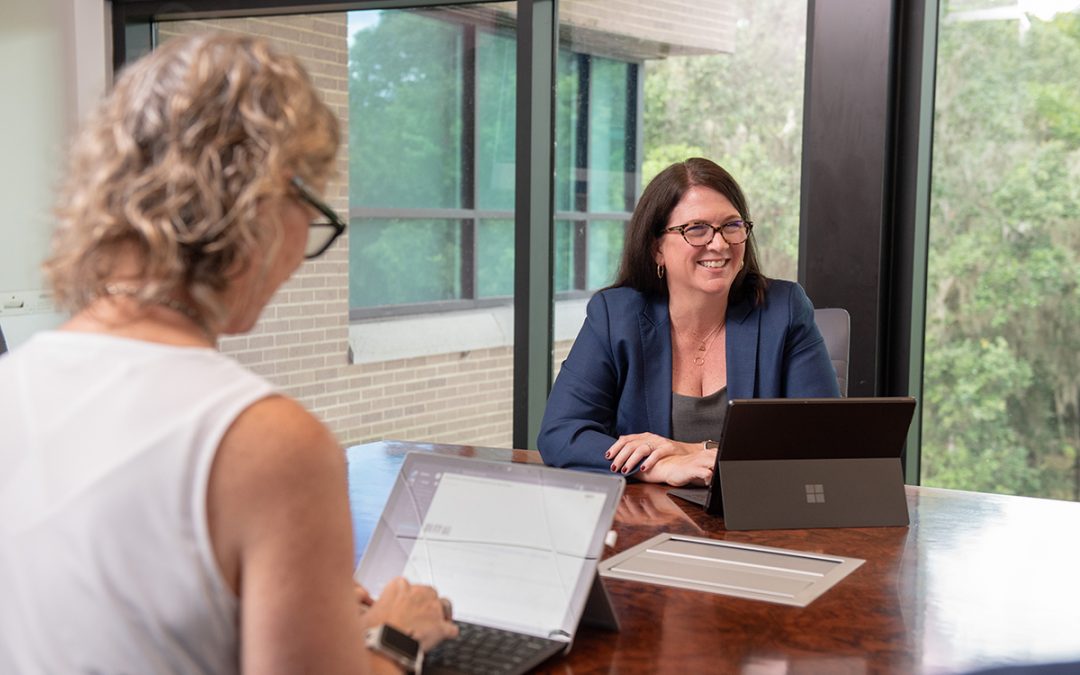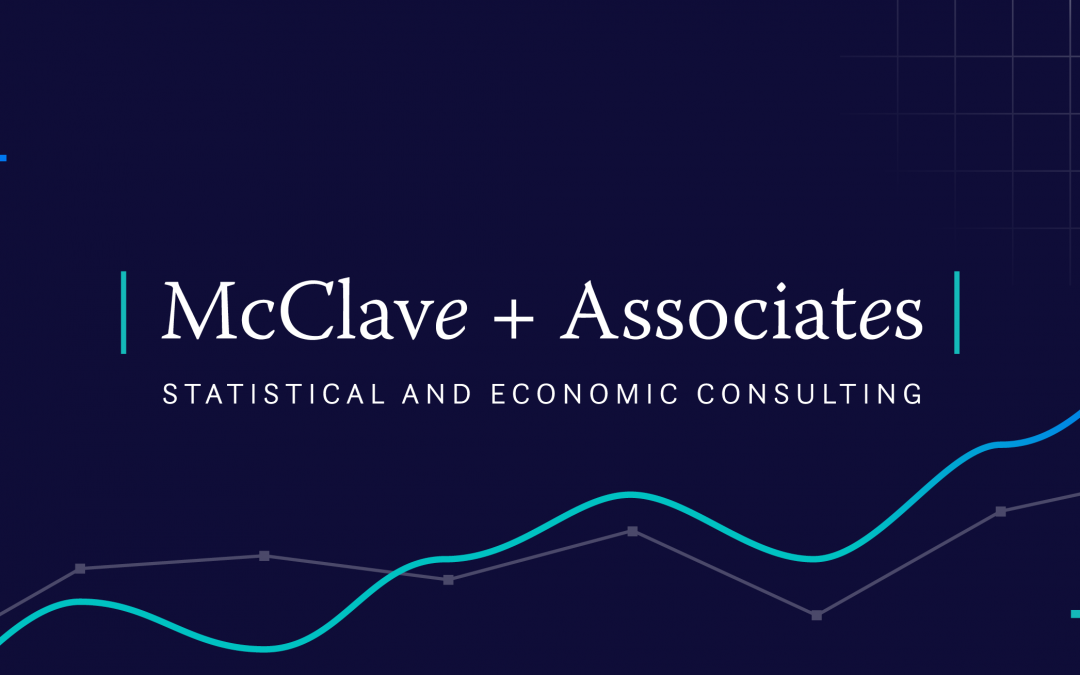May 4, 2022, marked the end of a four-year project for Infotech Consulting. We were retained in 2018 by the Florida Attorney General’s office to work with them on a monumental case regarding the opioid epidemic that the State had brought against 12 defendants, ranging from opioid manufacturers to distributors to pharmacies dispensing the drug. The allegations against the companies ranged from racketeering to collusion and public nuisance, causing the opioid epidemic that has killed tens of thousands of Floridians, with some 20 overdose deaths still occurring daily. Evidence showed that these companies were complicit in actively marketing and distributing this dangerous product for use (abuse) well outside what was medically justifiable.
The harm caused by the epidemic extends well beyond these tragic, unnecessary deaths. Thousands of babies are born each year with Neonatal Abstinence Syndrome, basically born in withdrawal caused by their mother’s opioid addiction. Thousands of children are in unsafe homes and placed into foster care because parents are addicted to opioids. Medicaid pays hundreds of millions of dollars each year treating patients with Opioids Use Disorder, a disease that has impacted hundreds of thousands of Floridians in the last 20 years.
Our role in the case involved calculating the economic damages caused by the companies’ criminal behavior. To accomplish this task our team spent thousands of hours over the four-year period, collecting data from countless State agencies and public sources, as well as the defendants’ financial documents. Our team became experts in identifying, understanding and synthesizing the extensive academic research regarding the epidemic’s medical and economic impact. The overwhelming task of first consolidating all these data sources, research articles and financial documents and then performing the precise analysis required to accomplish our assignment required the best team in the country, which, I am happy and proud to say, we have.
Dr. Rob Kneuper was the testifying expert involving disgorgement damages, essentially calculating the ill-gotten revenues and profits flowing to these companies as a result of their flooding the market with opioids. I was the testifying expert for calculating the State’s historical damages caused by expenditures directly resulting from the epidemic, as well as lost taxes attributable to the premature deaths caused by it. Over the course of the case we submitted four reports, testified in several depositions and responded to dozens of defense “expert” reports that tried to excuse the companies’ behavior and whittle away at the damages. Can you imagine agreeing to testify to the effect that these companies didn’t really cause much harm? I cannot.
Over time, 11 of the defendants saw that the light at the end of the tunnel was an oncoming train and settled for more than two billion dollars. Walgreens was the sole defendant left, whose CEO vowed before trial, “We will never settle.” In early April, trial finally commenced in Pasco County, one of the hardest hit by the epidemic. Jury selection took lots of time since prospective jurors were told trial was likely to take six weeks. Rob and I were told we would be testifying toward the end of the State’s case since the lawyers wanted the jury to hear our multi-billion dollar damage estimates as they closed their part of the case.
The liability part of the State’s case was quite powerful. They heard from Oviedo’s chief of police that his team had busted opioid drug deals in Walgreens parking lots; from pharmacy experts that more than 70% of Walgreens opioid prescriptions over the past 20 years were medically unjustified; that Florida had been flooded with marketing materials falsely hyping the wonderful “benefits” of opioids; from a doctor who testified that during the epidemic 80% of heroin and other illicit drug users started with opioids; from a DEA agent that raided and shut down a Walgreens opioids supply center in Florida. The woman who ran that supply center for Walgreens testified, showing an email she wrote to headquarters saying they couldn’t keep up with demand from the pharmacies, and she suspected prescriptions were not all medically justified. She subsequently broke her foot, took medical leave and learned just before coming back that she had cancer. Walgreens, noting that she was out of leave, fired her.
The most moving testimony took place earlier this week, when a Jacksonville fire chief who is also a paramedic and nurse described how the epidemic has torn up his city. He showed a map with red dots identifying where opioid overdose deaths had occurred in Jacksonville – the whole map was red. This epidemic touched all demographics. He teared up describing the death of one of his fellow paramedics, who during the day assisted in the treatment of overdose victims, but apparently at night was a victim himself. He talked about visiting the coroner’s office – the morgue – and learning that they had run out of space for victims and had rented a nearby site, bringing in a trailer for overflow.
This fellow was followed by a Mom who had lost her 22-year-old daughter to opioids. She testified for more than an hour about how this sweet, caring girl suffered a serious knee injury in her late teens that required extensive surgery, which was followed by an opioid prescription filled by Walgreens. The surgery was unsuccessful, and she was given more prescriptions to deal with the pain. A second surgery occurred, and more prescriptions ensued. At no point did anyone at Walgreens raise the red flag that she was being over-prescribed. She was hooked and began using heroin. Numerous attempts at rehab failed over ensuing years, and at one point she was spending $160 per day for two potent pills from a drug dealer, essentially spending more than she was bringing in, and stealing both money and pills from her grandmother. She repeatedly told her mother that her life was not worth living, describing being in pain from head to toe, not being able to keep food down, always in gastric distress, describing herself as a “dopesick junkie.” She eventually did die by suicide. By the time the Mom finished her testimony, she and most watching were in tears, including a number of jurors.
That night Walgreens, who, in addition to enduring that testimony, now also had our teams’ demonstrative exhibits that Rob and I were going to present to the jury during our testimony the next day, showing the billions of dollars of harm in which they played a major role, asked the Court for a day’s pause in the trial, which everyone read as an attempt to settle the case. That was Tuesday, but by the end of the day no agreement had been reached. Walgreens asked for a second day of pause, but the Judge denied it, saying, “Let’s get on with it.” So, Rob suited up and went to trial headquarters for the lawyers representing the State, ready to testify. I was told to get in there by close of the lunch break, likely going on the stand after Rob. Those of you who have known me for some time know that I am no fan of dress-up. As fate would have it, just as I was about to put on my tie, I got the message that the trial was officially over. The lawyer who was going to do my direct testimony said Walgreens didn’t want the jurors to hear about billions of dollars in damages following the heartbreaking testimony earlier in the week. I will be using that same tie for future trials!
Walgreens, the firm that would “never settle,” ponied up $683 million, bring the State’s total recovery to nearly three billion dollars. While Rob and I were somewhat disappointed in not getting to tell our story to the jury, the result is a very good one for Florida. There are similar suits all over the country, but I think Florida’s is the most successful to date. The State has pledged to use these monies for abatement to deal with the epidemic, which still rages out of control. This was one of our teams’ most difficult cases, both from an analytical and emotional perspective. I am so proud of the work we did together for a very worthy cause. Repeating myself, the case required the best team in the country, and they got it!



